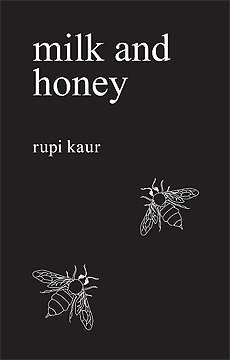The Man Who Lived
Underground by
Richard Wright 240 pages
When I was in graduate school, I
read “The Man Who Lived Underground” as it was published in author Wright’s
posthumous collection, “Eight Men.” In that collection, the work had been “drastically
condensed and truncated.” I thought highly of it then but knowing that it
wasn’t the complete work left me unsatisfied.
Now, the complete work, the one that Wright was unable to
publish in his lifetime, has landed on bookshelves. This work meant more to him
than any of his other publications: “I have never written anything in my life
that stemmed more from sheer inspiration.”
The story is heartbreakingly simple. It’s 1941-42. Fred Daniels, a Black man, is on his way home
after collecting his week’s wages (a whopping seventeen dollars!) to his wife
who is due to give birth any time. As he walks along, happy with his place in
the world, he notices a police car with three police officers, just sitting
there. As he approaches the police exit the car and arrest him for the horrifically
vicious double murder that occurred at the neighbors of his employer’s home.
Although he proclaims his innocence, his words fall on deaf
ears. The cops need a perpetrator. and Fred is their man. The police haul him
to the station and torture him until he signs a confession. Case closed.
However, Fred is able to escape (or was he allowed, I was
never really sure) and heads for the sewers beneath the Chicago streets. There
he traverses the systems. As Fred wandered, he was able to view other lives by
removing some of the bricks tht led into basements. There he gathers some food,
robbed a bank from which he plastered the money to the walls of the main
tunnel, heard a church choir sign, etc.
The novel is more of
stream of consciousness than I like, but what stood out to me the most,
that eighty years later, not much has changed for the African Americans. They
are still the first ones suspected of a crime.
The work also contains the essay, “Memories of my
Grandmother,” which a companion to Fred’s story. I didn’t care for it. To me,
it didn’t have that immediacy of Underground. “The Man Who Lived Underground” receives 4 out of 5 stars
in Julie’s world.



